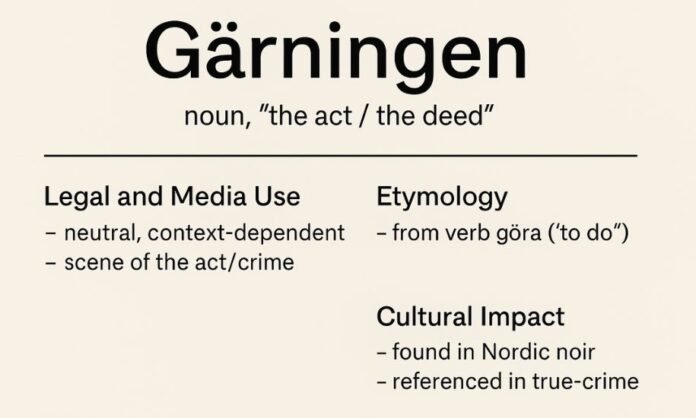The Fintechzoom.com Crypto ETF has become a hot topic among traders, investors, and financial enthusiasts who are looking to bridge the gap between traditional stock markets and the evolving crypto market. With the rise of digital assets such as Bitcoin, Ethereum, and other cryptocurrencies, the demand for structured, regulated, and accessible investment products has skyrocketed. Crypto Exchange-Traded Funds (ETFs) represent this shift perfectly, offering exposure to cryptocurrencies without requiring investors to directly manage crypto wallets or navigate complex exchanges.
In this article, we’ll explore the concept of Fintechzoom.com Crypto ETF, its connection with the broader crypto market, the role of crypto wallets, and why Bitcoin remains at the heart of this investment trend.
What is Fintechzoom.com Crypto ETF?
When people search for Fintechzoom.com Crypto ETF, they are often looking for FintechZoom’s detailed analysis, insights, and coverage on cryptocurrency ETFs. While FintechZoom itself does not issue ETFs, it provides in-depth reporting, guides, and financial tools that help investors make informed decisions.
A Crypto ETF is essentially an exchange-traded fund that tracks the performance of cryptocurrencies or related assets. Instead of holding digital coins directly, investors buy shares of the ETF, which are traded like traditional stocks on exchanges. This gives easy access to the crypto market without dealing with the technicalities of blockchain transactions or crypto wallet security.
Why Crypto ETFs Matter in Today’s Crypto Market
The crypto market has grown exponentially over the last decade, but direct participation still presents challenges. From securing private keys in a crypto wallet to understanding the volatile nature of Bitcoin and altcoins, many investors remain hesitant.
This is where the Fintechzoom.com Crypto ETF insights become invaluable:
-
Accessibility: Investors can participate in the crypto boom through regular brokerage accounts, bypassing the need for specialized wallets or exchanges.
-
Liquidity: ETFs trade on traditional markets, making entry and exit easier compared to decentralized exchanges.
-
Diversification: Some crypto ETFs spread investments across multiple assets, reducing risk exposure compared to holding a single cryptocurrency like Bitcoin.
-
Transparency & Regulation: ETFs are monitored under financial regulations, offering more credibility compared to unregulated crypto platforms.
Bitcoin and Its Role in Fintechzoom.com Crypto ETF Coverage

No discussion about Fintechzoom.com Crypto ETF is complete without highlighting Bitcoin. As the first and most dominant cryptocurrency, Bitcoin acts as the foundation of most crypto ETFs. Many funds are either:
-
Spot Bitcoin ETFs – Backed by actual Bitcoin holdings.
-
Futures-based ETFs – Tracking Bitcoin futures contracts instead of direct ownership.
FintechZoom’s reports show how Bitcoin ETFs are often the first entry point for traditional investors. Bitcoin’s dominance also influences the direction of the entire crypto market, making it the central theme for ETFs and investment portfolios.
Crypto Wallets: Do You Still Need Them if ETFs Exist?
One question many investors ask is: if I invest through a Fintechzoom.com Crypto ETF, do I still need a crypto wallet? The answer depends on your strategy.
-
With ETFs: You don’t need to manage wallets or private keys since your exposure is through shares. This reduces operational risks and simplifies investment.
-
Direct Investors: If you plan to buy Bitcoin or altcoins directly, you’ll still need a crypto wallet—whether hardware, software, or custodial wallets—to store your assets safely.
FintechZoom highlights that while ETFs make crypto investing easier, those seeking full ownership and utility of coins (e.g., DeFi participation, staking, or direct transfers) still require wallets.
Risks and Considerations in Crypto ETFs
The Fintechzoom.com Crypto ETF analysis also emphasizes the importance of understanding risks:
-
Volatility: The crypto market remains unpredictable, and ETF prices can swing dramatically.
-
Tracking Errors: Some ETFs may not perfectly match the performance of underlying assets.
-
Regulatory Shifts: Governments worldwide are still shaping laws on crypto ETFs, and sudden policy changes can affect investors.
-
Fees: Management costs can reduce net returns compared to direct holdings.
Global Expansion of Crypto ETFs
From the U.S. to Europe and Asia, crypto ETFs are spreading quickly. Canada and Brazil were among the early adopters, while the U.S. recently approved its first spot Bitcoin ETFs, a milestone closely tracked by FintechZoom. This global growth confirms that ETFs are becoming a mainstream gateway to the crypto market.
Conclusion
The Fintechzoom.com Crypto ETF represents a critical bridge between traditional finance and the digital crypto market. By providing simplified access to Bitcoin and other cryptocurrencies, these funds have opened the door for millions of investors worldwide. While risks remain, the advantages of liquidity, diversification, and regulatory backing make them an attractive choice.
For investors deciding whether to use a crypto wallet or stick with ETFs, the answer lies in personal strategy. ETFs are perfect for those seeking exposure without technical hurdles, while wallets are essential for those who want full ownership and utility of their digital assets.
As coverage from FintechZoom shows, the evolution of Crypto ETFs is only beginning. The next decade promises more innovation, regulatory clarity, and growth opportunities in this exciting space.
For more insightful articles on finance, crypto, and emerging technologies, visit my blog Technologies Era.


